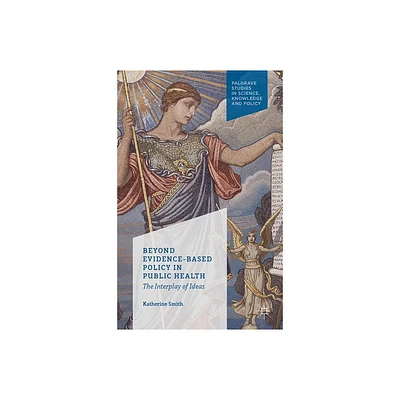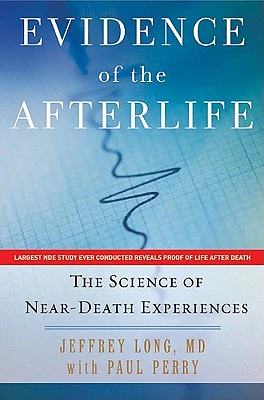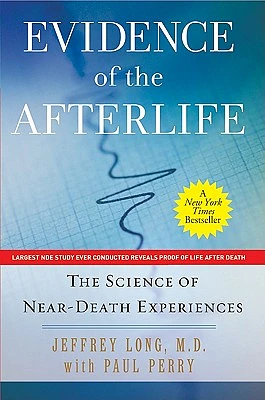Home
Tracking Truth: Knowledge, Evidence, and Science
Loading Inventory...
Barnes and Noble
Tracking Truth: Knowledge, Evidence, and Science
Current price: $52.00


Barnes and Noble
Tracking Truth: Knowledge, Evidence, and Science
Current price: $52.00
Loading Inventory...
Size: OS
*Product Information may vary - to confirm product availability, pricing, and additional information please contact Barnes and Noble
Tracking Truth
presents a unified treatment of knowledge, evidence, and epistemological realism and anti-realism about scientific theories. A wide range of knowledge-related phenomena, especially but not only in science, strongly favour the idea of tracking as the key to what makes something knowledge. A subject who tracks the truthan idea first formulated by Robert Nozickhas the ability to follow the truth through time and changing circumstances. Epistemologists rightly concluded that Nozick's theory was not viable, but a simple revision of that view is not only viable but superior to other current views. In this new tracking account of knowledge, in contrast to the old view, knowledge has the property of closure under known implication, and troublesome counterfactuals are replaced with well-defined conditional probability statements. Of particular interest are the new view's treatment of skepticism, reflective knowledge, lottery propositions, knowledge of logical truth, and the question why knowledge is power in the Baconian sense.
Ideally, evidence indicates a hypothesis and discriminates it from other possible hypotheses. This is the idea behind a tracking view of evidence, and Sherrilyn Roush provides a defence of a confirmation theory based on the Likelihood Ratio. The accounts of knowledge and evidence she offers provide a deep and seamless explanation of why having better evidence makes one more likely to have knowledge. Roush approaches the question of epistemological realism about scientific theories through the question what is required for evidence, and rejects both traditional realist and traditional anti-realist positions in favor of a new position which evaluates realist claims in a piecemeal fashion according to a general standard of evidence. The results show that while anti-realists were immodest in declaring a priori what science could not do, realists were excessively sanguine about how far our actual evidence has so far taken us.
presents a unified treatment of knowledge, evidence, and epistemological realism and anti-realism about scientific theories. A wide range of knowledge-related phenomena, especially but not only in science, strongly favour the idea of tracking as the key to what makes something knowledge. A subject who tracks the truthan idea first formulated by Robert Nozickhas the ability to follow the truth through time and changing circumstances. Epistemologists rightly concluded that Nozick's theory was not viable, but a simple revision of that view is not only viable but superior to other current views. In this new tracking account of knowledge, in contrast to the old view, knowledge has the property of closure under known implication, and troublesome counterfactuals are replaced with well-defined conditional probability statements. Of particular interest are the new view's treatment of skepticism, reflective knowledge, lottery propositions, knowledge of logical truth, and the question why knowledge is power in the Baconian sense.
Ideally, evidence indicates a hypothesis and discriminates it from other possible hypotheses. This is the idea behind a tracking view of evidence, and Sherrilyn Roush provides a defence of a confirmation theory based on the Likelihood Ratio. The accounts of knowledge and evidence she offers provide a deep and seamless explanation of why having better evidence makes one more likely to have knowledge. Roush approaches the question of epistemological realism about scientific theories through the question what is required for evidence, and rejects both traditional realist and traditional anti-realist positions in favor of a new position which evaluates realist claims in a piecemeal fashion according to a general standard of evidence. The results show that while anti-realists were immodest in declaring a priori what science could not do, realists were excessively sanguine about how far our actual evidence has so far taken us.

















